An edited version of this article was published by Time (see their version here).
On Sunday October 4, 2010, the small Hungarian village of Kolontar was evacuated. Local officials had been warned that the dam at the nearby Ajkai alumina plant was about to be breached. The following day over 700,000 cubic metres of caustic red mud burst out of the storage reservoir and a two metre toxic wave devastated Kolontar and two other villages, killed 8 people, hospitalized 150, contaminated over 1,000 hectares of farmland and polluted 3 river systems. An intense political drama about responsibility for the spill is being played out in Hungary, with furious statements by the Prime Minister (“This should have been detected”), the nationalization of the operating company (MAL) until compensation is paid and the temporary arrest of its CEO, Zoltan Bakonyi, a controversial figure whose father ran the Environmental Department at the Ministry of Industry around the time when the alumina plant was privatised. Continue reading
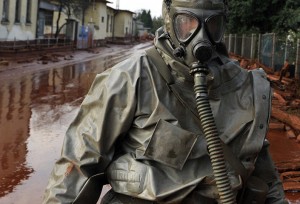
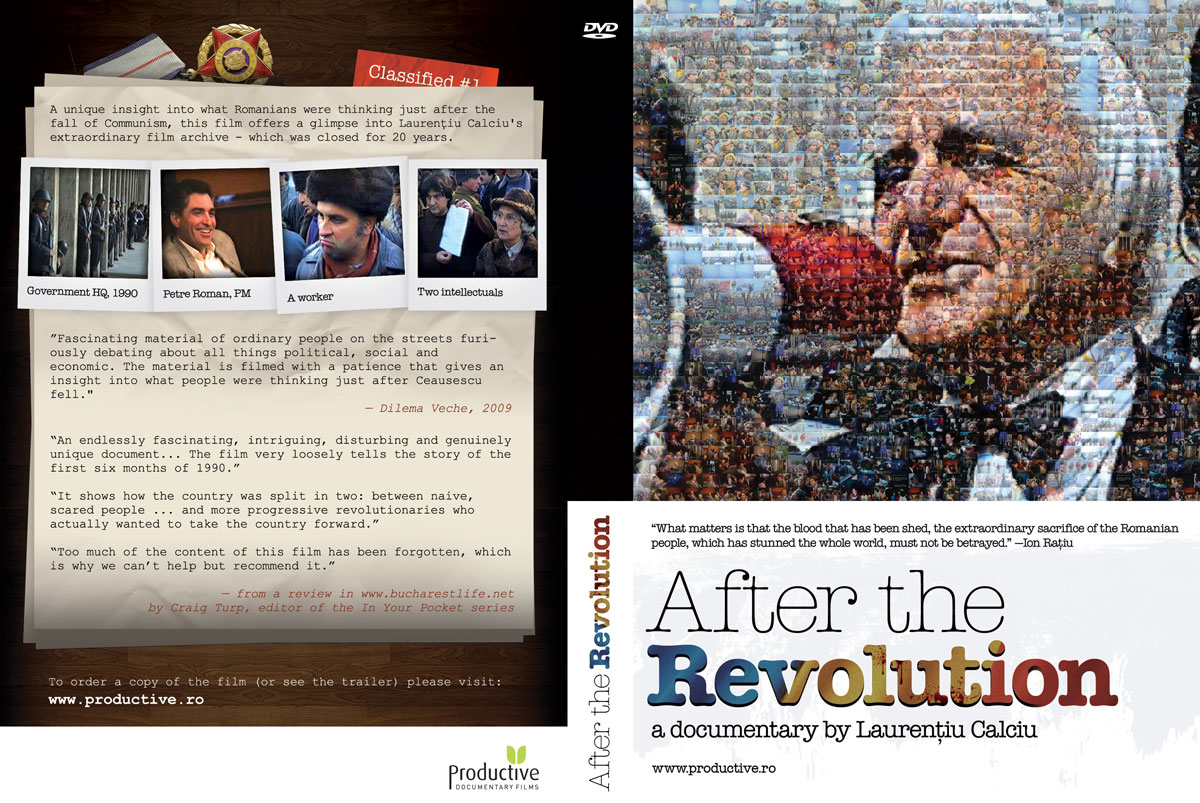
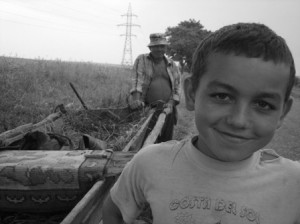 You can see Rupert Wolfe Murray’s photos of his cycling journey
You can see Rupert Wolfe Murray’s photos of his cycling journey 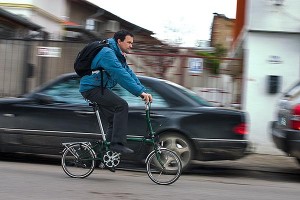 The best way to get round Bucharest is by bike. Bucharest has no ring roads and the result is gridlock. Getting anywhere by car is slow and frustrating. Public transport is good but very overcrowded.
The best way to get round Bucharest is by bike. Bucharest has no ring roads and the result is gridlock. Getting anywhere by car is slow and frustrating. Public transport is good but very overcrowded.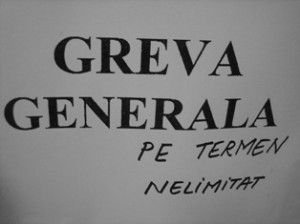 Something strange happened to me last week. I was at the recycling bins with my 7 year old son Luca (who likes to practice karate chops on chunks of polystyrene) when a garbage truck pulled over. Two fat guys got out, wandered over and helped us to load our Ikea waste into the containers. I couldn’t understand it, what on earth had got into them? I’m used to garbage men being morose and sarcastic, reluctantly moving the waste they’re hired to shift but never lifting a finger to do more. Why were they suddenly being helpful? Could it be because of the crisis? Are they afraid for their jobs?
Something strange happened to me last week. I was at the recycling bins with my 7 year old son Luca (who likes to practice karate chops on chunks of polystyrene) when a garbage truck pulled over. Two fat guys got out, wandered over and helped us to load our Ikea waste into the containers. I couldn’t understand it, what on earth had got into them? I’m used to garbage men being morose and sarcastic, reluctantly moving the waste they’re hired to shift but never lifting a finger to do more. Why were they suddenly being helpful? Could it be because of the crisis? Are they afraid for their jobs? 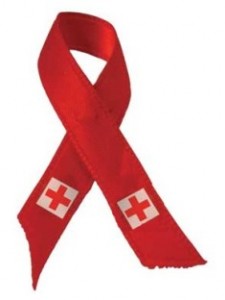 Romania’s Ministry of Health stands accused of abandoning those who are suffering from the HIV virus as the “anti-retroviral” medical supplies that have been keeping them alive for many years are about to run out. In addition, the needle exchange programme that has been supplying thousands of injecting drug users in Bucharest is about to end.
Romania’s Ministry of Health stands accused of abandoning those who are suffering from the HIV virus as the “anti-retroviral” medical supplies that have been keeping them alive for many years are about to run out. In addition, the needle exchange programme that has been supplying thousands of injecting drug users in Bucharest is about to end.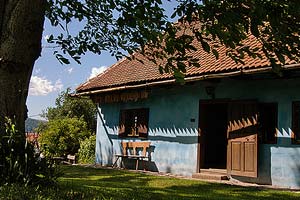 Whenever the words “tourism” and “Romania” are mentioned in a discussion the word “potential” is sure to follow: it is generally agreed among those who know and love this country that Romania has huge potential as a tourist destination, but it is equally clear that Romania has failed miserably to build on this potential over the last 20 years.
Whenever the words “tourism” and “Romania” are mentioned in a discussion the word “potential” is sure to follow: it is generally agreed among those who know and love this country that Romania has huge potential as a tourist destination, but it is equally clear that Romania has failed miserably to build on this potential over the last 20 years. 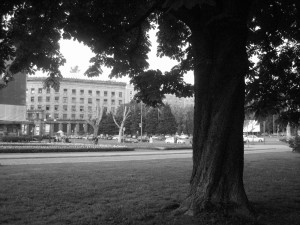 When discussions about promoting Serbia take place the following comment often comes up: “shouldn’t we develop a country brand?” The short answer is “NO”. I am from Scotland, I now live in Romania, and I would like to share my opinion of branding countries. I hope that Serbia can learn from the mistakes of others.
When discussions about promoting Serbia take place the following comment often comes up: “shouldn’t we develop a country brand?” The short answer is “NO”. I am from Scotland, I now live in Romania, and I would like to share my opinion of branding countries. I hope that Serbia can learn from the mistakes of others.
What’s Twitter For?
Everyone’s heard of Twitter but not everyone knows what it is. A two word definition is that it’s a “Micro Blog”, in other words a means of publishing short statements. Its unique feature is that you can only write 140 characters (about a line and a half of text on a Word document). And that’s it. The discipline and challenge of Twitter is to Continue reading →